What fleets need to know about B100 biodiesel
Biodiesel is a sustainable fuel that has grown in popularity as a cleaner-burning alternative to petroleum diesel. It’s made from renewable resources that would otherwise have no further use, including recycled cooking oil, waste animal fats and vegetable oils. In most cases, it’s blended with petroleum diesel. For example, a common blend is called “B20,”
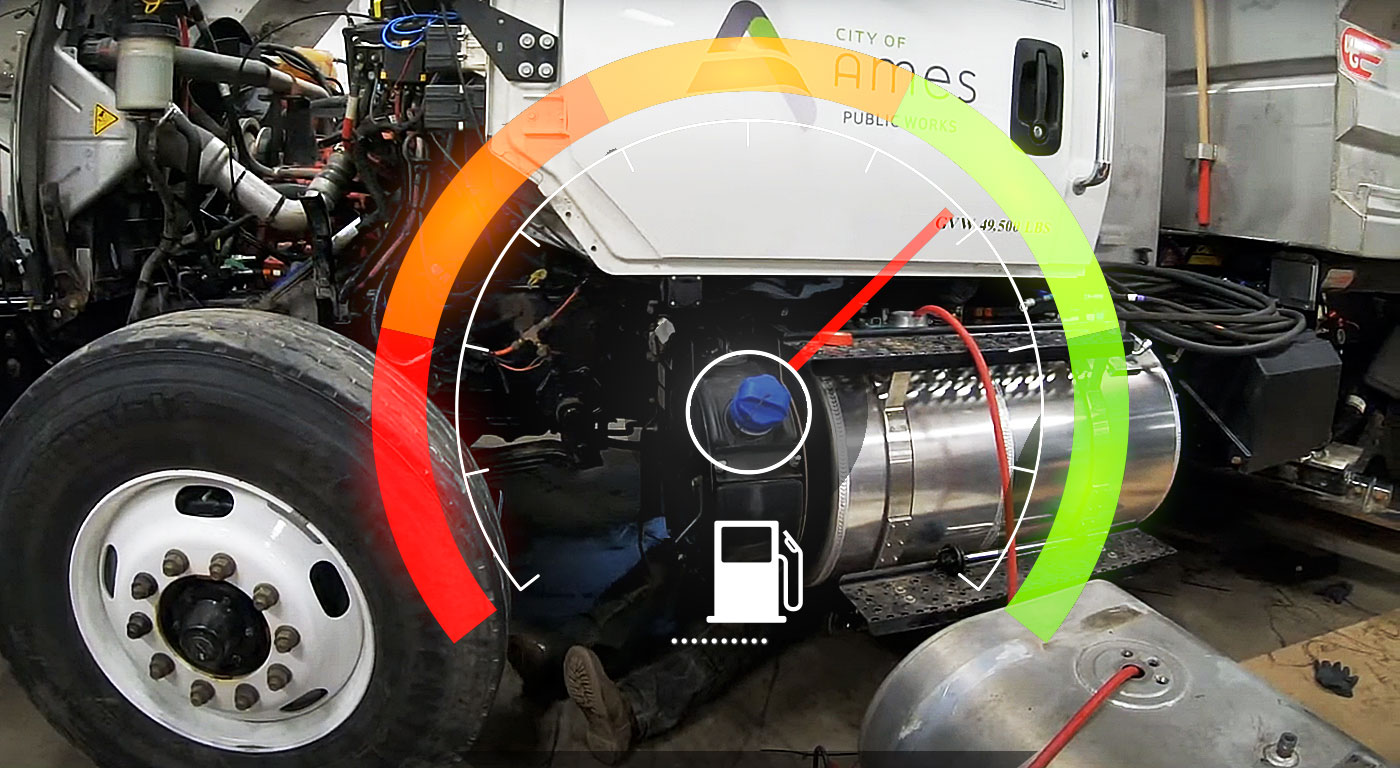
Tips for choosing the right cold weather fuel
It’s hard to imagine right now, but it’s actually time to start planning for the colder months that will be here before we know it. Here are the questions I hear most frequently while helping fleets make sure they have the right biodiesel blend for winter. Can I use biodiesel in the cold? The short
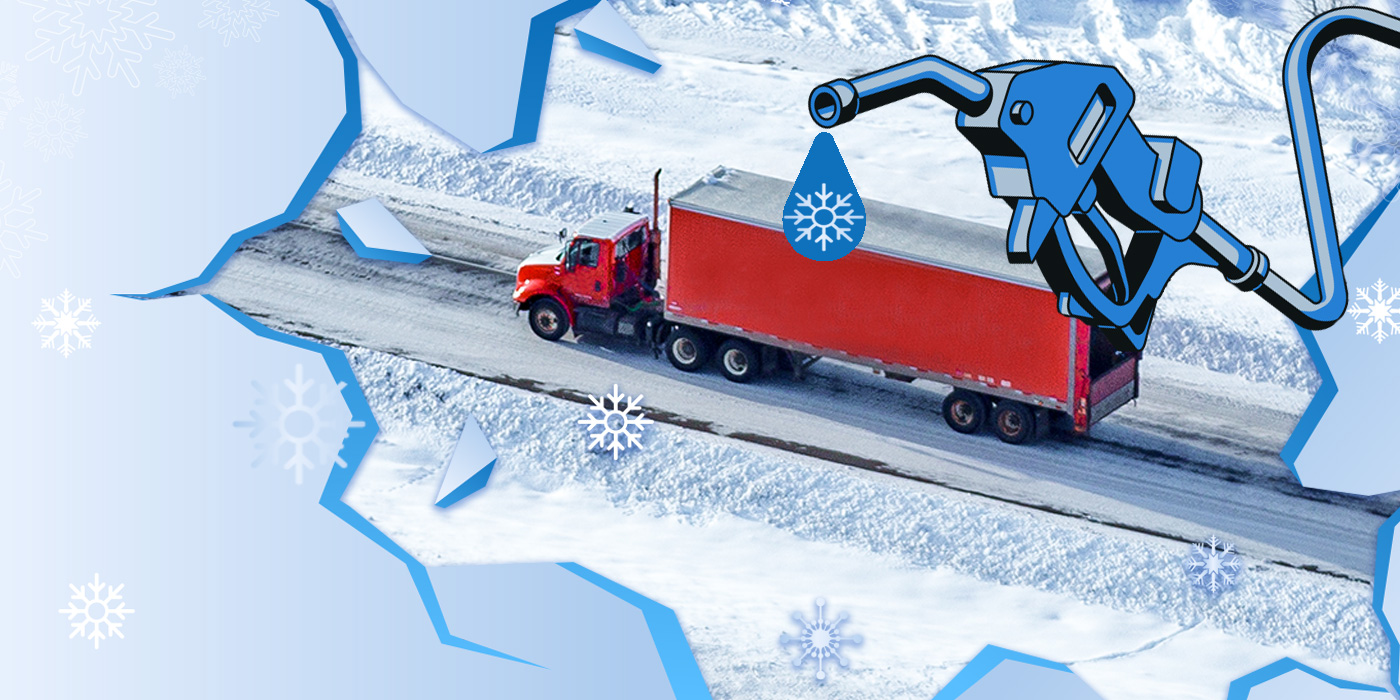
Alternative fuels 101: What you need to know
Fleets interested in reducing carbon emissions have more alternative fuel options than ever before. So how do you pick the right one for your operation? First, it’s important to recognize that the solution may not be a single fuel. With an integrated energy management approach, fleets can evaluate all viable fuels and pick the ones

REG: A look at renewable diesel vs. biodiesel
Renewable diesel has gotten a lot of attention from fleets over the past few years, and for good reason: It’s a drop-in replacement to petroleum diesel that offers excellent performance and cuts emissions. But what some fleets don’t realize is that the same description applies to biodiesel — and in some cases, biodiesel gives fleets
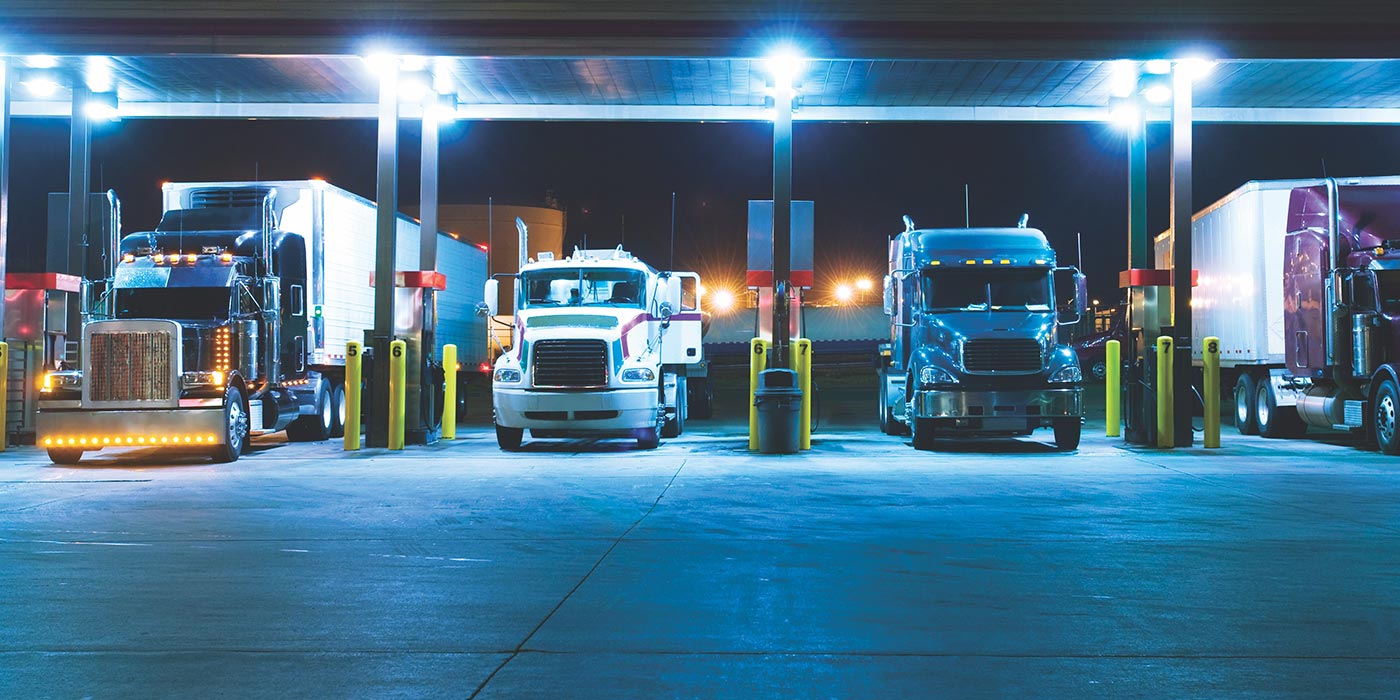
Why alternative fuels will accelerate in 2021
The 2021 National Biodiesel Conference and Expo happened the same week a new president was inaugurated, and that timing did not go unnoticed. From policy expectations to the environmental benefits of various fuel sources, here are some of the key takeaways for fleet operators from this event. Political change is an opportunity for growth President
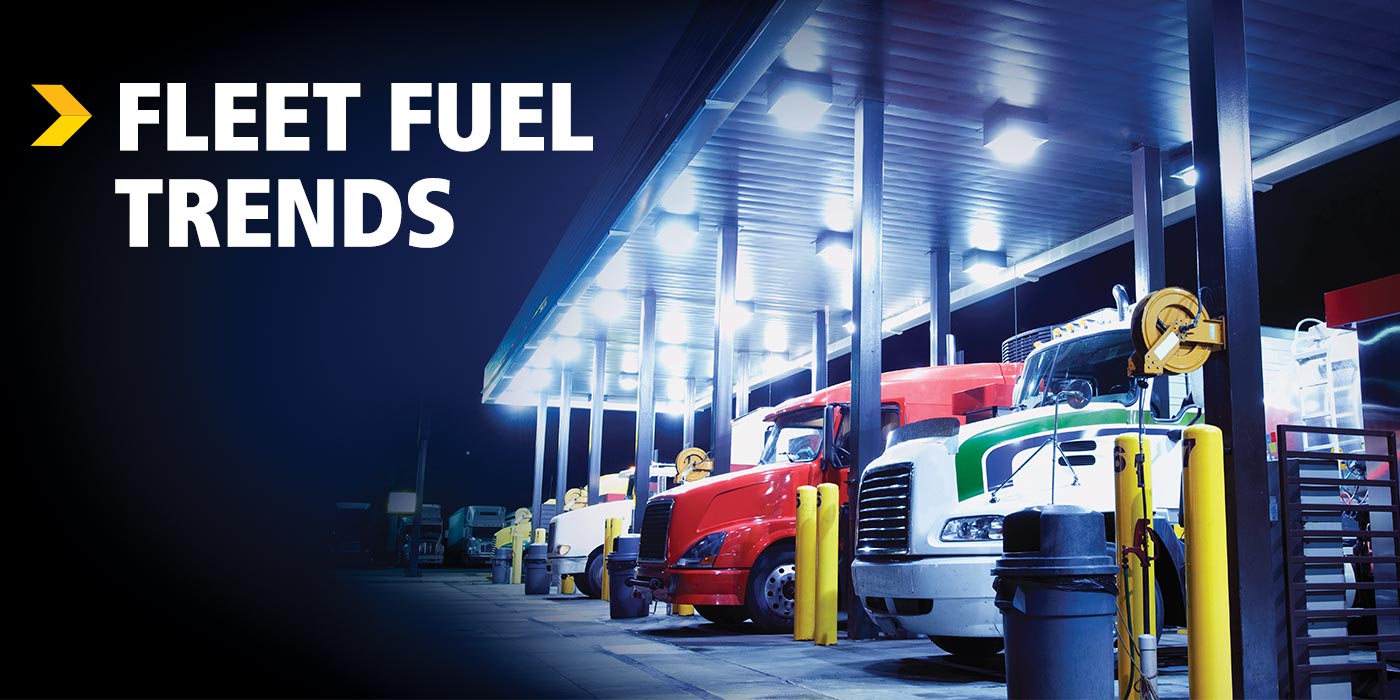
Integrated energy management: What it is and why you need it
As the evolution toward running on more than a single fuel source continues, fleets turning to alternative fuels are spurred by growing environmental regulations and sustainability plans. That’s why, rather than thinking about a straight replacement to diesel, fleets should adopt an integrated energy management (IEM) approach—a comprehensive strategy that considers all available fuel sources
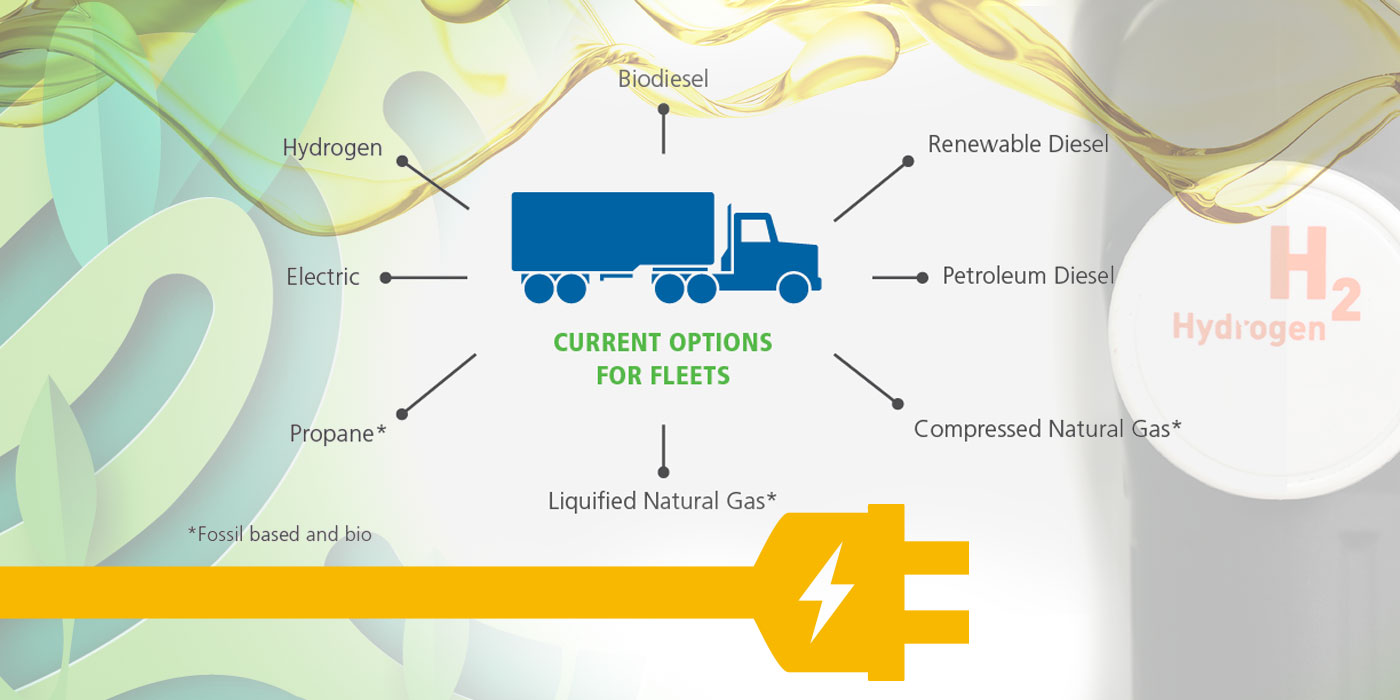
Rethinking how fuel impacts total cost of ownership
Today’s fleet owners and managers understand the importance of looking beyond purchase price and considering the total cost of ownership (TCO) of their equipment. Costs of residual value, insurance, maintenance, repairs and parts, among others, factor into the true expense of owning a vehicle. Fuel has always been a big part of that equation, but

The secret’s out: You’ve used biodiesel
A recent survey from NTEA showed that biodiesel is the most widely used alternative fuel among work truck fleets.
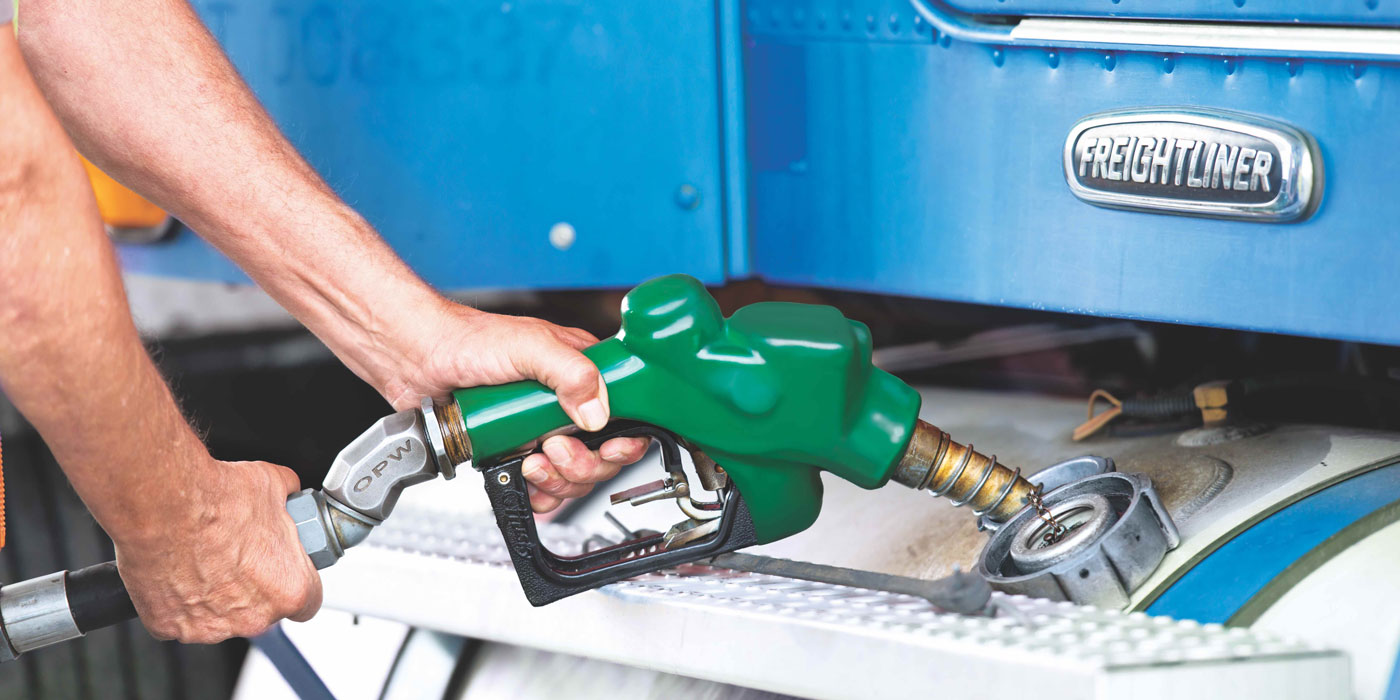
REG: Who are you forgetting in RFP responses?
When is the last time you thought about who is involved in your RFP process? There might be someone missing: If your company or the company/public entity you are hoping to work with has someone focused on sustainability, they should definitely be involved. As environmental sustainability influences the transportation industry more and more, a growing

REG: Industry experts confirm continued importance of biodiesel
I recently attended the National Biodiesel Conference & Expo in Tampa and came away with a lot of information and ideas about where the transportation industry is heading. One major point the speakers reiterated was that, despite all the talk of electrification, the diesel engine will remain on top for years to come. John Eichberger,

REG: Rethinking winter fuel woes
There’s a misperception that biodiesel does not work in the cold, and if a fleet runs into problems in cold weather biodiesel must be to blame.

